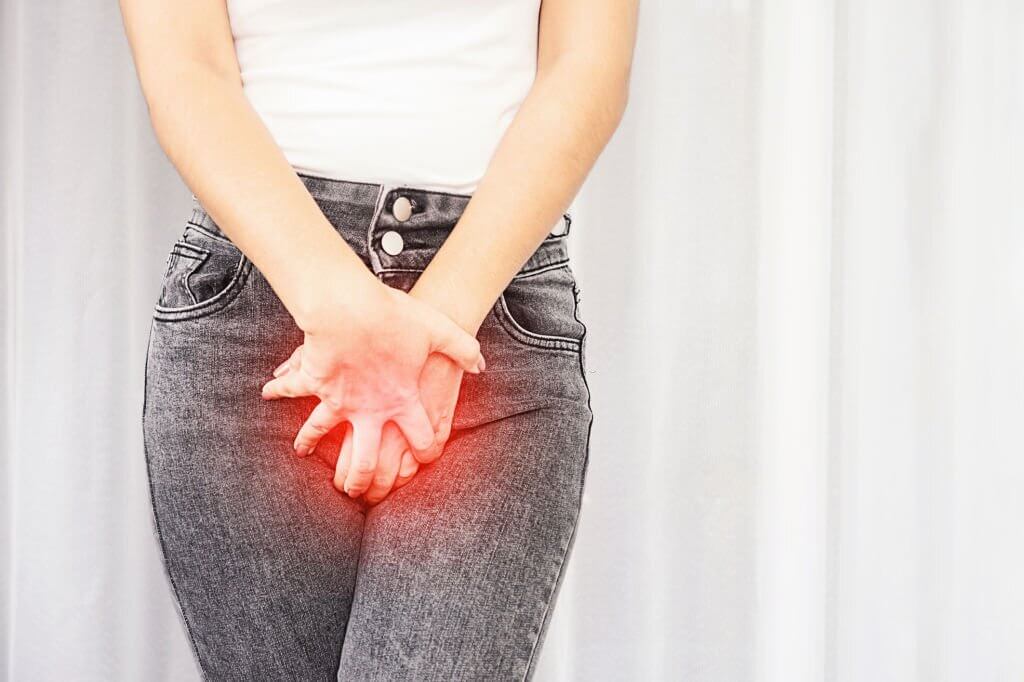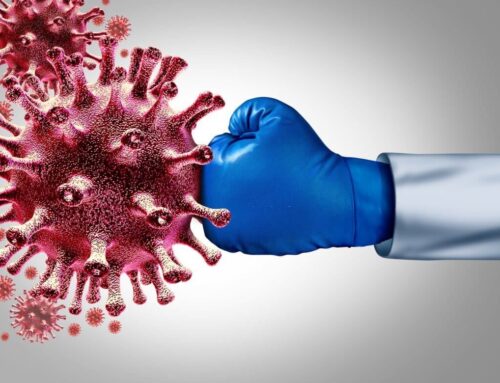The guide will discuss the causes and symptoms of thrush, as well as potential treatments.
What is Thrush Treatment?
Thrush Treatment is an oral or vaginal treatment used to treat thrush. It is typically used in women who are pregnant or breast-feeding, but can be prescribed for anyone who has this infection.
We’ll start with a brief overview of thrush and what it is. Thrush is a yeast infection that affects the mouth area, including the tongue and throat. It’s caused by an overgrowth of Candida albicans, which is a fungus that can be found in everyone’s body. When people have low levels of immunity from a chronic illness or antibiotic use, this fungus can grow out of control and cause thrush. The symptoms are typically white patches on the tongue or throat that may look like cottage cheese or have a yellowish tinge to them.
Introduction, Symptoms, and Causes of Thrush
Thrush is a fungal infection caused by Candida Albicans. It is characterized by white patches that can be found on the tongue, in the throat, and inside the mouth. Thrush can also cause soreness in the mouth and throat.
Symptoms:
Thrush symptoms include white patches on the tongue, throat, or inside the mouth.
Causes:
Candida Albicans is responsible for causing thrush infections.
What is the AMH Blood Test?
The AMH blood test is a new and improved test that can estimate a woman’s ovarian reserve. It is also known as the Anti-Mullerian Hormone or AMH blood test.
This test is used to measure the level of the hormone, Anti-Mullerian Hormone in your blood. This hormone is produced by the cells on your ovaries and are secreted into your bloodstream. The AMH blood test helps doctors determine how many eggs you have left in your ovaries, how much estrogen you produce, and how well your ovaries are functioning.
The Benefits of AMH Blood Test And What it Means
The AMH blood test is a relatively new and innovative way to measure fertility. The AMH blood test measures the level of anti-Mullerian hormone in the bloodstream. It is an accurate predictor of ovarian reserve and can be used to detect women who are at risk for early menopause.
The benefits of this blood test are that it can help detect the early stages of menopause, which can lead to a more proactive approach to treatment. Women with low AMH levels may need to consider taking hormone replacement therapy or other fertility treatments.
Norethisterone: Side Effects, Dosage, and Uses
It is used to treat menstrual problems and some types of cancer.
Norethisterone is a synthetic form of progesterone, which is a natural hormone produced by the body. Norethisterone can be used to treat menstrual problems and some cancers. It can also be used as an emergency contraceptive or to help with birth control.
Norethisterone has many side effects that include nausea, vomiting, weight gain, hair loss, mood swings, and depression. The dosage will depend on the person’s symptoms and what they are being treated for.
Also, Read @ Is Numbing Cream Really Worth It for Tattoos





Leave A Comment